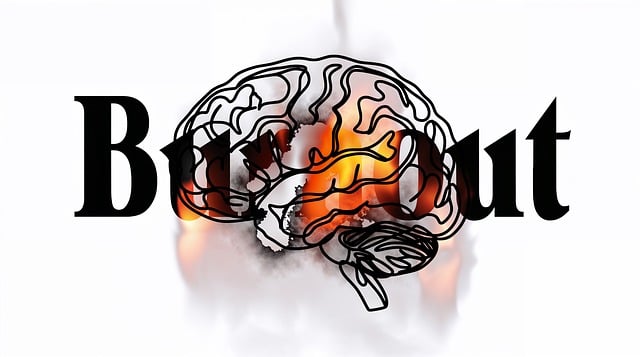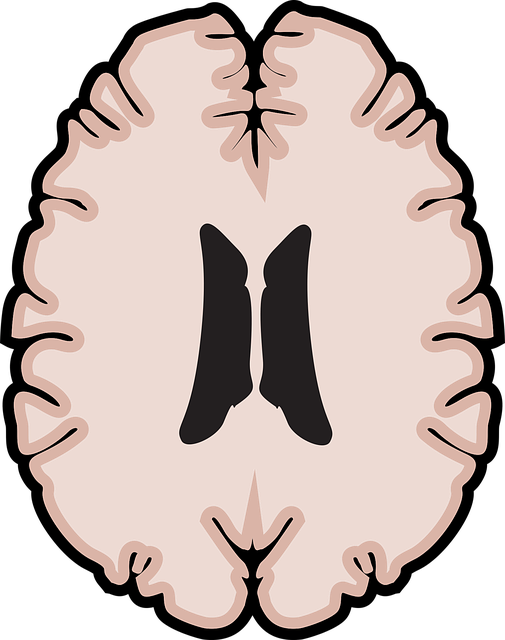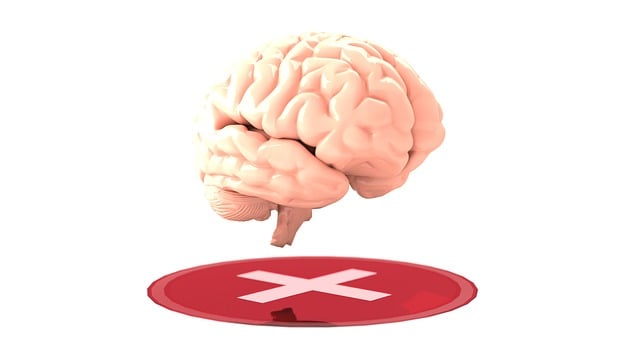In today's fast-paced world, rising mental health issues among young children underscore the urgent need for crisis counseling services tailored to their unique needs. Counselors employ specialized approaches like compassion cultivation to build trust and create safe spaces, helping children express emotions and develop essential coping mechanisms. Crisis counseling provides immediate support and equips them with conflict resolution skills, shaping mental well-being and fostering resilience into adulthood. 24/7 hotline services offer accessible crisis counseling through phone or text, connecting individuals to suitable resources like local therapy. Early identification of mental health signs is crucial, with strategic interventions including emotional support, coping strategy provision, and connection to appropriate resources like therapy for young children. Public awareness campaigns destigmatize mental health issues, while crisis counseling and therapy for young children empower youth with self-care tools for long-term resilience.
In today’s fast-paced world, mental health crises among young children are on the rise. Recognizing the urgent need for accessible support, this article explores crisis hotline services as a vital resource for immediate assistance and long-term therapy. We delve into the significance of crisis counseling for youth, highlighting how hotline services bridge the gap between emergency situations and ongoing treatment. By examining effective strategies and resources, parents, educators, and caregivers can better navigate mental health crises and ensure children receive the necessary care.
- Understanding the Need for Crisis Counseling in Young Children
- How Hotline Services Provide Immediate Support and Access to Therapy
- Effective Strategies and Resources for Navigating Mental Health Crises in Youth
Understanding the Need for Crisis Counseling in Young Children

In today’s fast-paced world, mental health issues among young children are on the rise, underscoring a pressing need for crisis counseling services tailored to their unique needs. Unlike adults, children often struggle to articulate their emotions and fears, making it crucial for counselors to employ specialized approaches like compassion cultivation practices to build trust and create safe spaces. By offering therapy for young children in moments of crisis, counselors can help them develop essential coping mechanisms, foster resilience, and navigate challenging situations with increased understanding.
Crisis counseling goes beyond immediate support; it equips young individuals with valuable skills such as conflict resolution techniques that are vital for managing interpersonal relationships. Through compassionate guidance, these services play a pivotal role in shaping children’s mental well-being, ensuring they grow into resilient adults equipped to face life’s challenges head-on.
How Hotline Services Provide Immediate Support and Access to Therapy

Hotline services play a pivotal role in providing immediate support and access to therapy for individuals facing mental health crises. When someone reaches out to a crisis hotline, be it by phone call or text message, they connect with trained professionals who offer a safe and non-judgmental space. These counselors are equipped to handle a wide range of issues, from emotional distress and anxiety to more severe cases of trauma and suicidal ideation. The initial interaction often involves active listening and assessment, allowing the hotline operator to gauge the severity of the situation and direct the caller towards appropriate resources, including local therapy services or emergency medical care.
One significant advantage of hotline support is its accessibility. These services are typically available 24/7, ensuring that individuals in crisis can receive immediate assistance regardless of the time of day or night. Moreover, hotlines often cater to diverse populations, including young children and adolescents, with specialized therapy options tailored to their unique needs. Cultural competency training for healthcare providers is integrated into these services, promoting understanding and sensitivity towards various cultural backgrounds, which is crucial in fostering trust and effective emotional healing processes.
Effective Strategies and Resources for Navigating Mental Health Crises in Youth

Navigating a mental health crisis in youth requires strategic interventions and support services tailored to meet their unique needs. Early identification of signs and symptoms is crucial, enabling prompt intervention through crisis counseling. This specialized service provides immediate emotional healing processes, offering a safe space for young individuals to express their feelings and fears. Crisis counselors are trained to assess the situation, provide coping strategies, and connect families with appropriate resources, such as therapy for young children.
Beyond crisis support, public awareness campaigns play a pivotal role in destigmatizing mental health issues among youth. These campaigns aim to educate communities, parents, and peers about recognizing warning signs and promoting open conversations around emotional wellness. Additionally, the development of Mental Wellness Coaching Programs can empower young people with tools for self-care and resilience, fostering a sense of agency in managing their mental health.
In light of the growing recognition of mental health crises among young children, crisis counseling hotline services play a vital role in providing immediate support and access to therapy. These resources are game-changers, offering a safe space for vulnerable youth to express their emotions and navigate turbulent times. By leveraging effective strategies and utilizing available resources, parents, educators, and caregivers can ensure that young individuals receive the necessary care, fostering healthier development and a brighter future. Crisis counseling and hotline services are not just tools; they are testaments to our commitment to supporting the mental well-being of our youngest members, ensuring they have access to the therapy they need.













